What is the Least Popular Date to Get Married? Discover Surprising Trends
When planning your wedding, finding the perfect date can be tough. Everyone loves the idea of a summer or fall wedding. These seasons offer beautiful weather and lots of options, but that means they’re also very popular times to tie the knot.
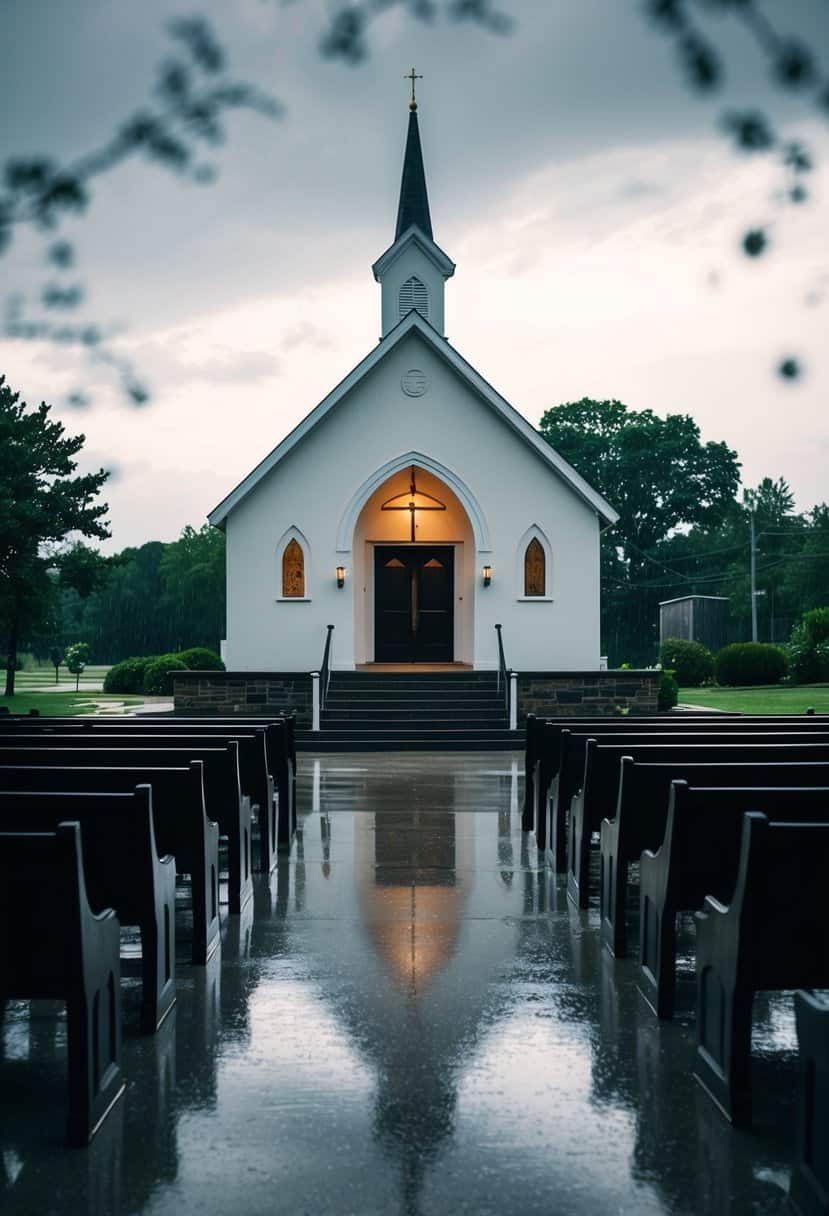
If you’re looking for a more unique date, you might consider getting married in the off-season. January and February are the least popular months for weddings. These months make up only about 3% of weddings, according to The Knot. Choosing a date in these months could offer more venue availability and possibly lower prices.
Couples sometimes pick wedding dates based on traditions or significant personal dates. If you book during less popular times, you’re more likely to snag that dream venue or vendor you’ve had your eye on.
Understanding Wedding Seasons
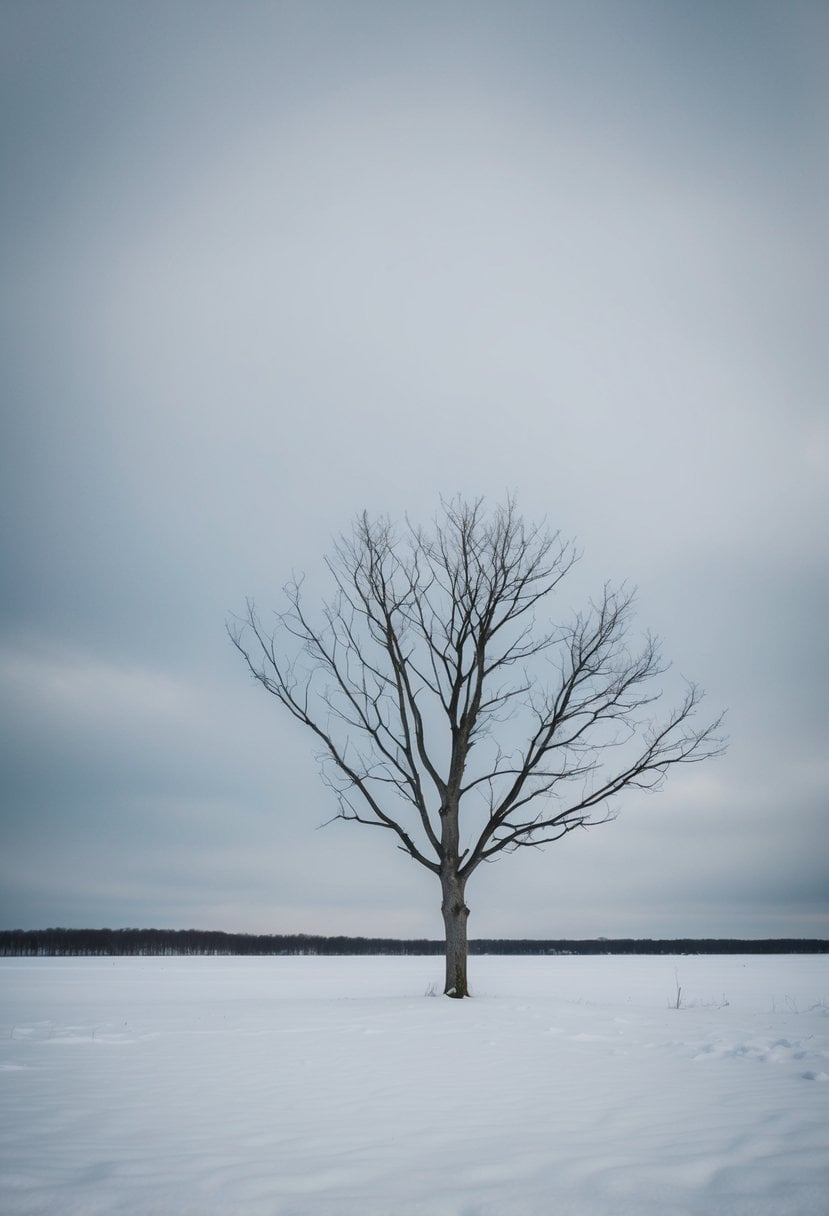
When planning a wedding, choosing the right time of year can make a big difference. Popular wedding months usually see more demand, while off-season dates might offer unique benefits.
Peak Wedding Season Trends
Peak wedding season often occurs when the weather is pleasant, making it a popular choice for many couples. In places like the United States, September and October are among the busiest months for weddings. Fall’s mild weather and vibrant foliage create a charming backdrop for outdoor ceremonies.
Spring can also be popular, with many couples opting for April or May. These months bring blooming flowers and fresh temperatures, ideal for outdoor settings. The demand during peak season can lead to higher costs, so you’ll want to book well in advance.
Off-Season Wedding Advantages
Getting married in the off-season can be a great way to save money and avoid crowds. January and February, for example, are often the least popular months to get married. While winter weather can be unpredictable, it offers unique charm with cozy indoor settings and winter-themed decor.
Lower demand means you may find better deals on venues and vendors. It could also allow you to choose from more available dates and locations. Plus, guests may find travel and accommodation more affordable during this time, making it easier for loved ones to attend your special day.
Factors Affecting Wedding Date Popularity
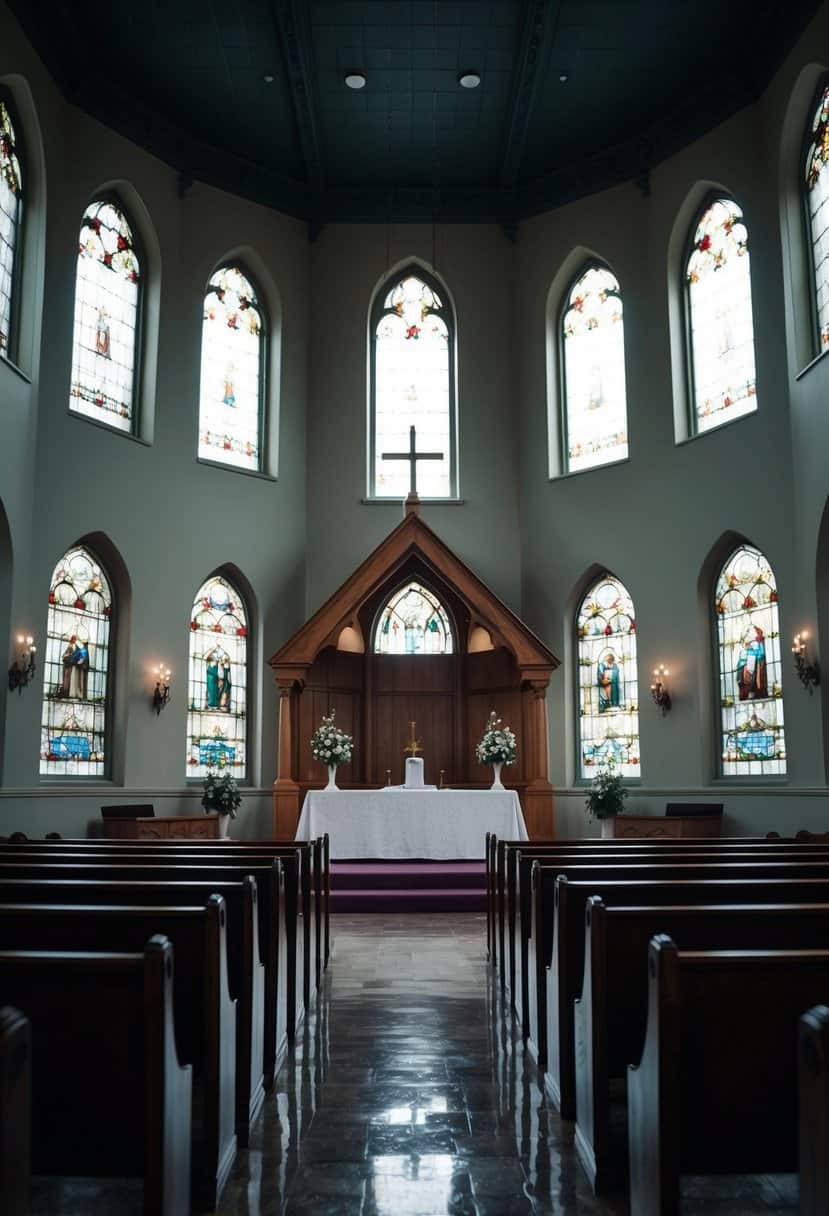
Choosing the perfect wedding date involves many considerations. Here are some factors that can influence the popularity of certain dates.
Cultural and Religious Observances
Your cultural or religious background might dictate when you choose to get married. Major religious holidays can either be a time to celebrate or a time to avoid.
For instance, many couples steer clear of Christmas and Easter due to religious commitments and family gatherings. Jewish weddings might avoid dates like Yom Kippur, while Muslim couples may steer away from Ramadan.
Before picking your date, consider how these observances might align with your wedding plans. These dates can make venues busier or quieter, so think about what suits you best.
Holiday Weekends and Special Events
Holiday weekends like Memorial Day, Labor Day, and Independence Day are popular for weddings. They give your guests extra travel time and might already be off work.
Valentine’s Day is another favored choice, adding a romantic twist. However, hosting a wedding on New Year’s Eve or Thanksgiving could be challenging, as travel and hotel costs spike.
Additionally, major sporting events like the Super Bowl can impact guest attendance. You might want to check the dates of these events when planning.
Vendor Availability and Costs
Vendor availability can significantly affect your wedding date choice. Popular dates mean vendors are in high demand, which could drive up costs.
You might find it tougher to book those dream photographers or caterers on busy weekends. Instead, consider choosing less common dates like those in January or February when demand is generally lower.
This choice could save you money and make your planning process smoother. Always inquire about possible discounts during less busy periods. This approach not only impacts your budget but also your overall wedding experience.
Least Popular Dates for Weddings
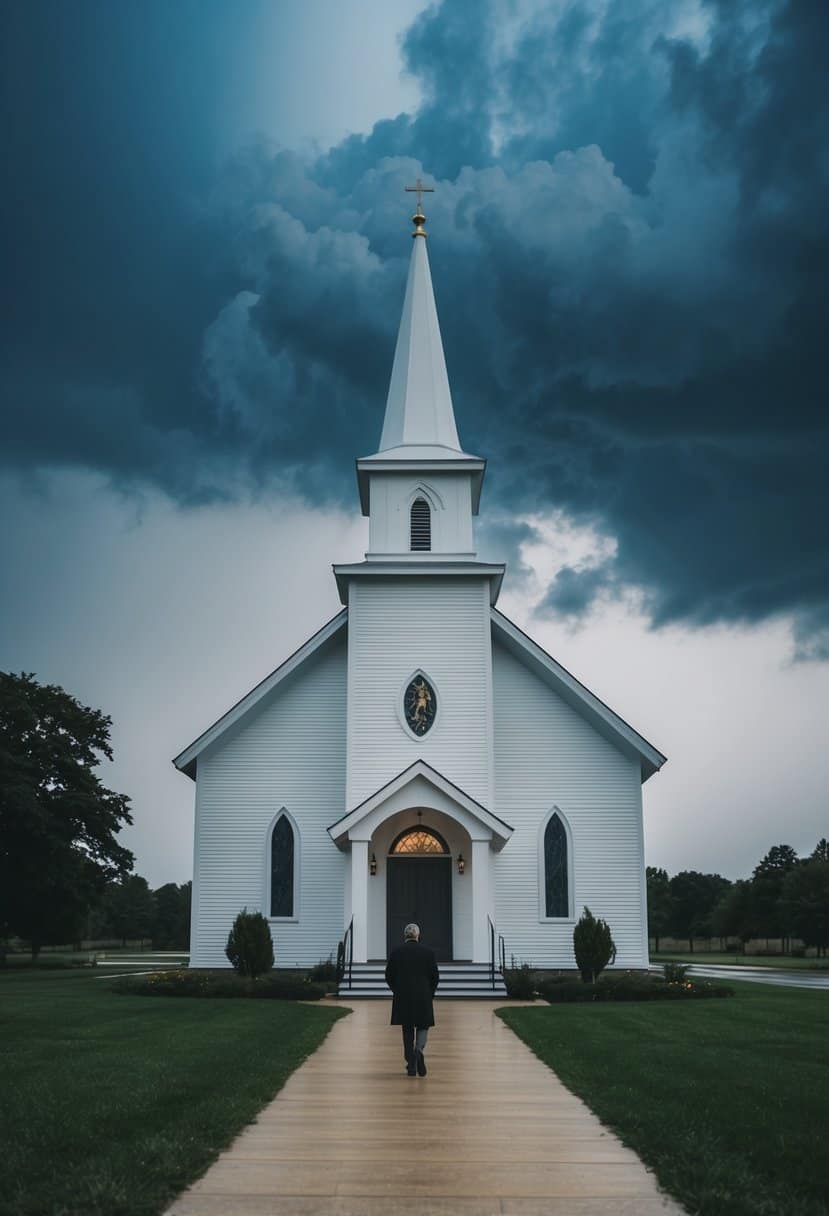
Choosing a wedding date involves considering both popular and less common times. Certain dates are not as favored due to weather or cultural taboos. Understanding these can help you decide on a unique and memorable day.
Challenging Dates to Consider
January and February are among the least popular months for weddings, largely due to colder weather and post-holiday recovery. These months accounted for only 3% of weddings in 2023, according to The Knot.
Days like Friday the 13th also tend to be less popular due to superstitions. Some may avoid planning weddings during religious observances like Passover, ensuring that guests who observe these holidays can attend.
Finding Serendipity in Uncommon Choices
While some dates are avoided, they can also offer unique opportunities. Getting married in less popular months may mean snagging better deals or having more vendor availability. For example, a wedding during a new moon night could add a mystical element to your celebration.
You might even choose a Halloween theme to embrace creativity and fun. Using uncommon dates can help create a wedding that is both memorable and personal, full of serendipitous moments.
Planning for Your Ideal Wedding Date
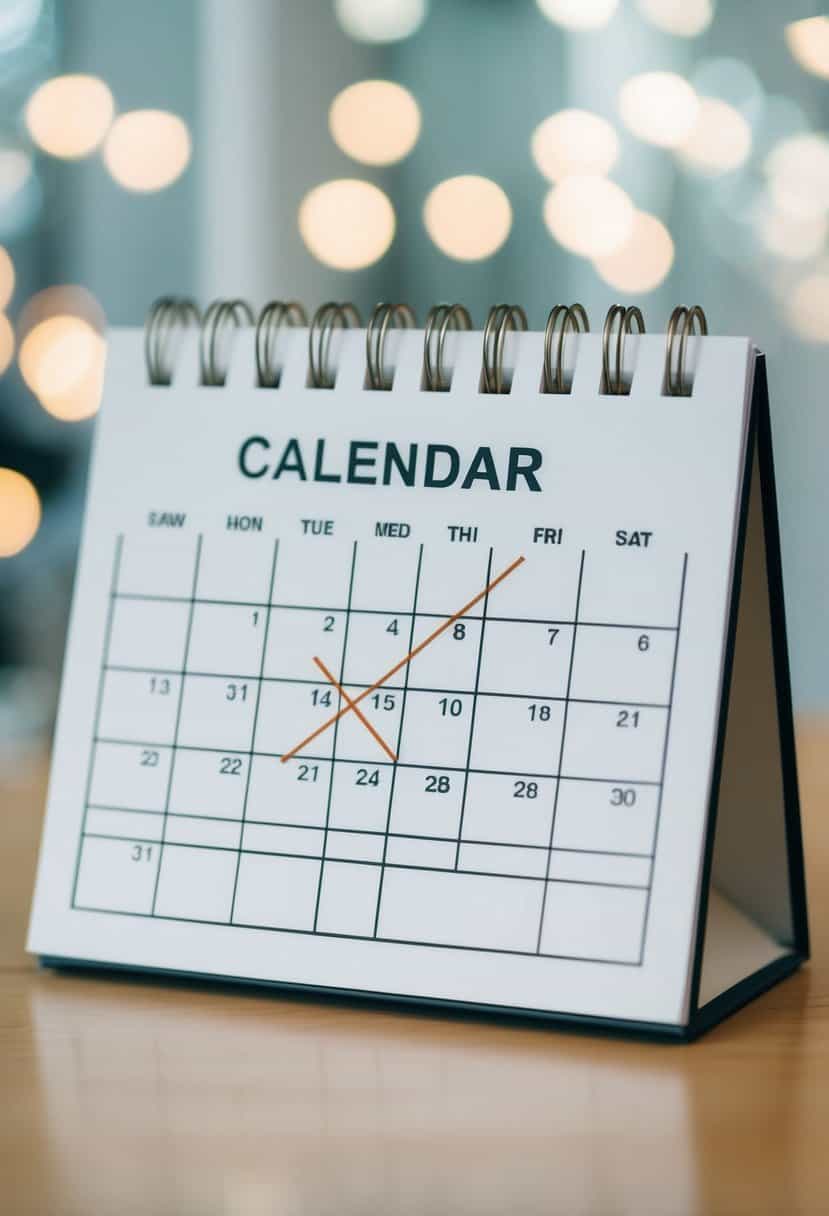
Finding the right wedding date involves considering the season and any special dates or holidays. It’s important to align your wedding plans with your personal preferences and any relevant logistics. Whether you’re dreaming of a fall wedding or a sunny summer ceremony, each season offers its own unique charm. Popular dates might fill up quickly, so be ready to explore alternatives that suit your vision.
Selecting the Perfect Season for Your Wedding
The season you choose can greatly influence your wedding’s vibe and overall experience, from the type of venue to the decorations. Spring weddings bring blooming flowers and mild weather, ideal for an outdoor wedding. Summer weddings are perfect for sunny beach settings and poolside celebrations.
If you love cozy atmospheres, a winter wedding provides intimate indoor options, often accompanied by festive holiday decor. On the other hand, a fall wedding offers vibrant foliage that creates stunning backdrops and warm, earthy color palettes. Remember to consider the weather and possible costs since peak seasons can affect venue prices.
Navigating Special Dates and Seasons
When planning, be mindful of special dates like holidays or cultural events, which can impact availability and cost. For example, avoid planning a wedding during Ramadan, as noted on wedding dates to avoid. National holidays may lead to higher venue fees and limited guest availability.
To create a wedding planning checklist, consider the significance of any dates special to you, such as anniversaries or personal milestones. Keep in mind that weekdays or off-peak months might offer more flexibility and better rates. Choosing a popular wedding month, like October, might require booking far in advance, especially for a destination wedding.
Creative Themes and Venues for Unique Weddings
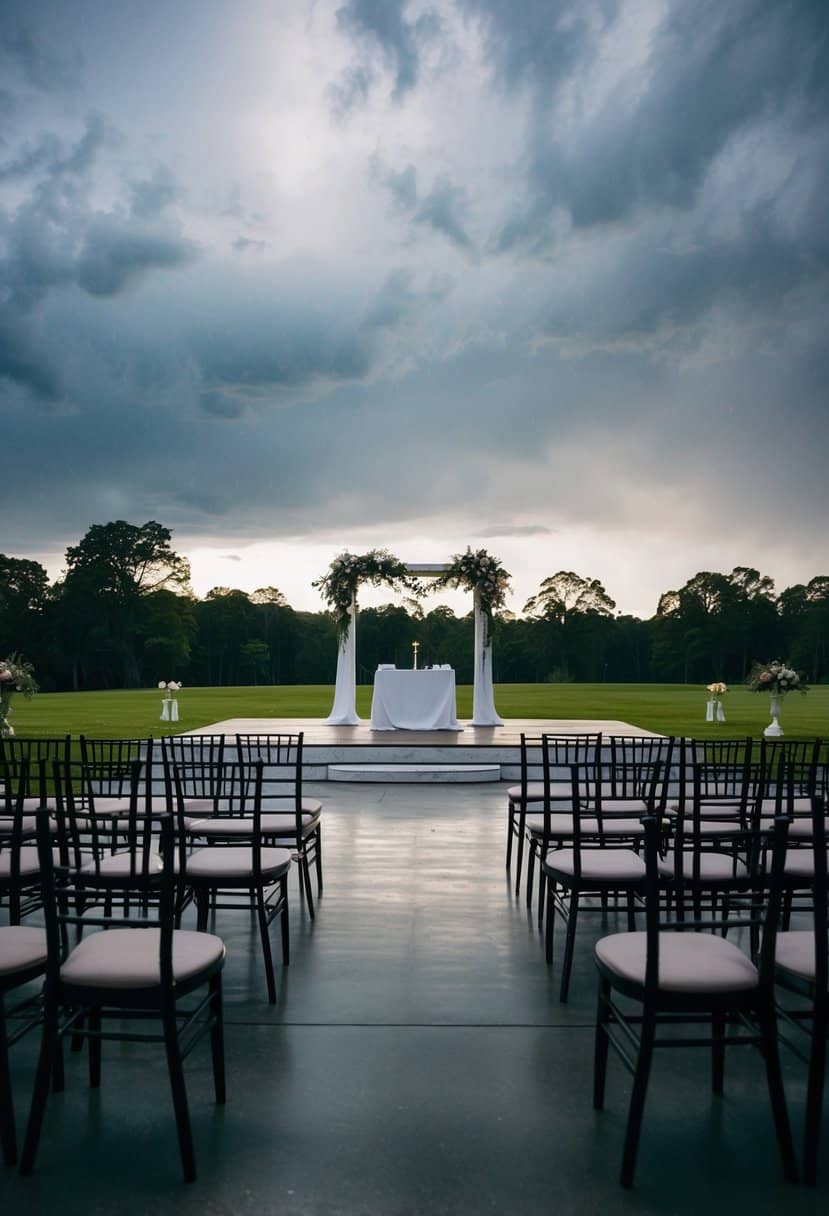
When planning a unique wedding, both the theme and venue play crucial roles. Choosing an unconventional date can add an additional layer of charm. Whether you dream of a winter wonderland or a sunny rooftop gathering, tailoring your plans to fit the atmosphere and season can make your celebration memorable.
Tailoring Your Wedding to an Unconventional Date
Opting for an unusual date gives you a chance to incorporate creativity in the theme. Consider a New Year’s Eve wedding where you can use festive decorations and champagne toasts. An intimate fall wedding could incorporate rich autumn colors and rustic details.
For a more mystical approach, choose themes connected to significant or auspicious wedding dates. Using seasonal elements, like spring flowers or winter pinecones, can make your day remarkable while connecting with nature. You might also think about having a destination wedding, where you can embrace local customs and scenery, making the date even more special.
Exclusive Venues for Every Season
Selecting the perfect venue means considering what works best for the season and your theme. For a cozy winter wedding, think about venues like a theater that offers dramatic flair, or a charming rustic barn that provides warmth and intimacy.
Look into unique wedding venues in your area that align with your vision.
In spring or summer, outdoor weddings at a rooftop garden or an elegant vineyard might be ideal. The Brooklyn Grange Navy Yard Farm offers stunning views and a delightful garden setting.
Choose a venue that resonates with your style and the atmosphere you aim to create.



